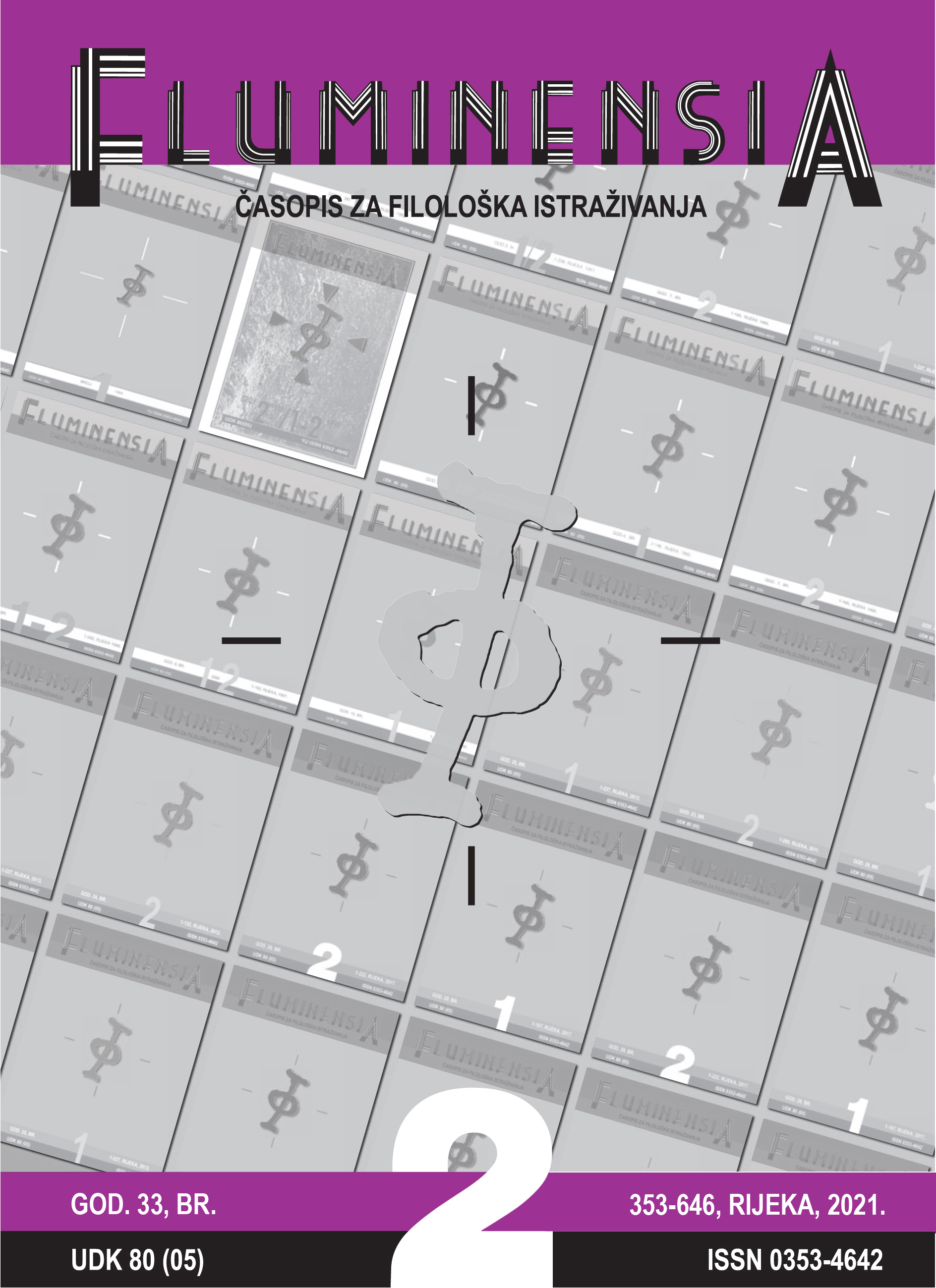TRANSLATIONS OF HAFIZ SHIRAZI’S POETRY IN THE WESTERN BALKANS
Keywords:
Hafiz Shirazi, Western Balkans, retranslations, relay translations, new valueAbstract
This paper investigates the translations of the poetry of the classical Persian poet Hafiz Shirazi (14th century) published so far in the Western Balkans. The research belongs to the field of translation studies, with particular emphasis on retranslations and relay translations. The first translation of Hafiz by Jovan Jovanović Zmaj published in 1861 was at the same time the earliest translation of a Persian text in the Western Balkans. I classify the past nine translations published in Bosnia and Herzegovina, Serbia, and Croatia into two periods. The first period was between the 1860s and 1920s, and the second took place at the beginning of the 21st century. The main conclusion is that each of the two historical periods, bounded by dominant cultural narratives, ushered in a new spirit, and added a new value to Hafiz’s poetry in the target culture. At the turn of the 19th and 20th centuries, Hafiz Shirazi was presented as a hedonistic poet and winebibber in the Western Balkans. However, at the beginning of the 21st century, translators sought a more profound meaning and mystical content in this Persian lyricist’s poetry. Therefore, one can conclude that all the translations of his poetry have an evaluative aspect. In addition, only two translations are integral, and the rest are selections or adaptations. The translators used the Persian source text or various German and English translations as their basis. Owing to such diverse approaches, the poetry of Hafiz Shirazi has preserved and further bolstered its canonical status among the old and new recipients in the Western Balkans that it had acquired in the Ottoman period among the educated Muslim elite.

